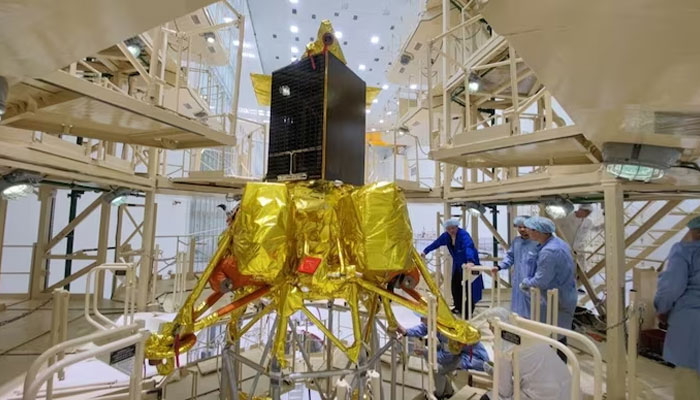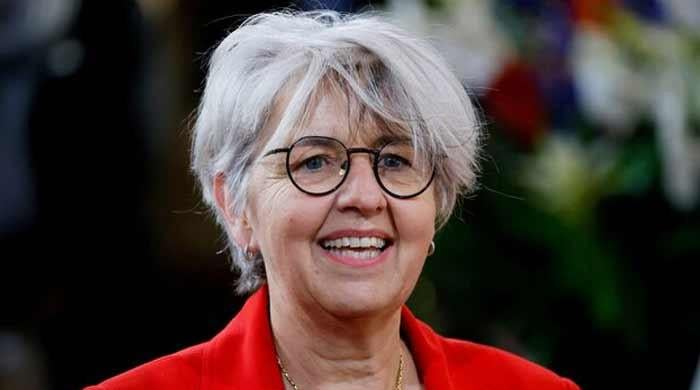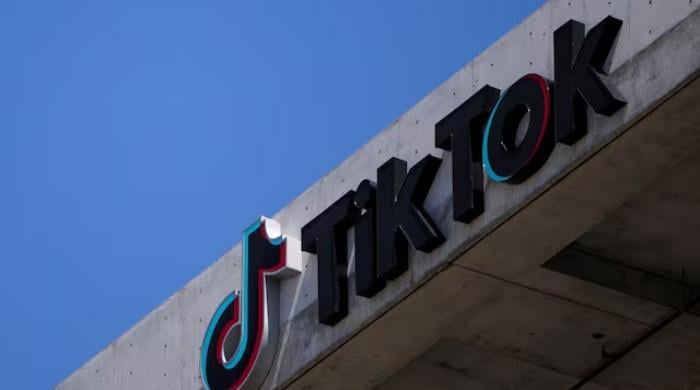Why did Russia's first moon lander in 47 years crash on moon's surface?
The Luna 25 spacecraft successfully entered lunar orbit, but the landing attempt ended in failure
September 17, 2023

Yury Borisov, the chairman of Russia's space agency Roscosmos Friday revealed that the failure of speed-measuring equipment on the mission caused Russia's Luna-25 autonomous interplanetary station to crash into the moon last month.
The probe's landing procedure resulted in the disaster because "the correction engine didn't stop working based on the data from the accelerometer," Borisov said during a press conference.
The vehicle's accelerometers, which track changes in speed, "didn't switch on," he continued.
According to the agency chief's claims, experts are currently investigating the causes of those gadgets' failure to function as anticipated and 11 of the 16 potential outcomes for that have previously been looked at.
Meanwhile, Borisov also disclosed that Bill Nelson, the head of Nasa, was the first to offer him encouragement following the crash, RT reported.
The first Russian lunar probe since the end of the Soviet Union, Luna-25 was launched on August 11 by a Soyuz 2.1b rocket from the Vostochny Cosmodrome in Russia's Far East.
The spacecraft had successfully entered lunar orbit, but the August 19 landing attempt ended in failure.
In the immediate aftermath, the Luna-25 "switched to a non-designated orbit and ceased to exist due to a collision with the surface of the moon," according to Roscosmos.
A few days following the collision, Borisov informed the media that the probe's engine failed to shut down properly, continuing to run for 127 seconds as opposed to the anticipated 84 seconds.
He stated that the organisation "will, of course, take into account all the errors that were committed during this mission" to ensure "the future missions of Luna-26, 27, and 28 will be successful."









